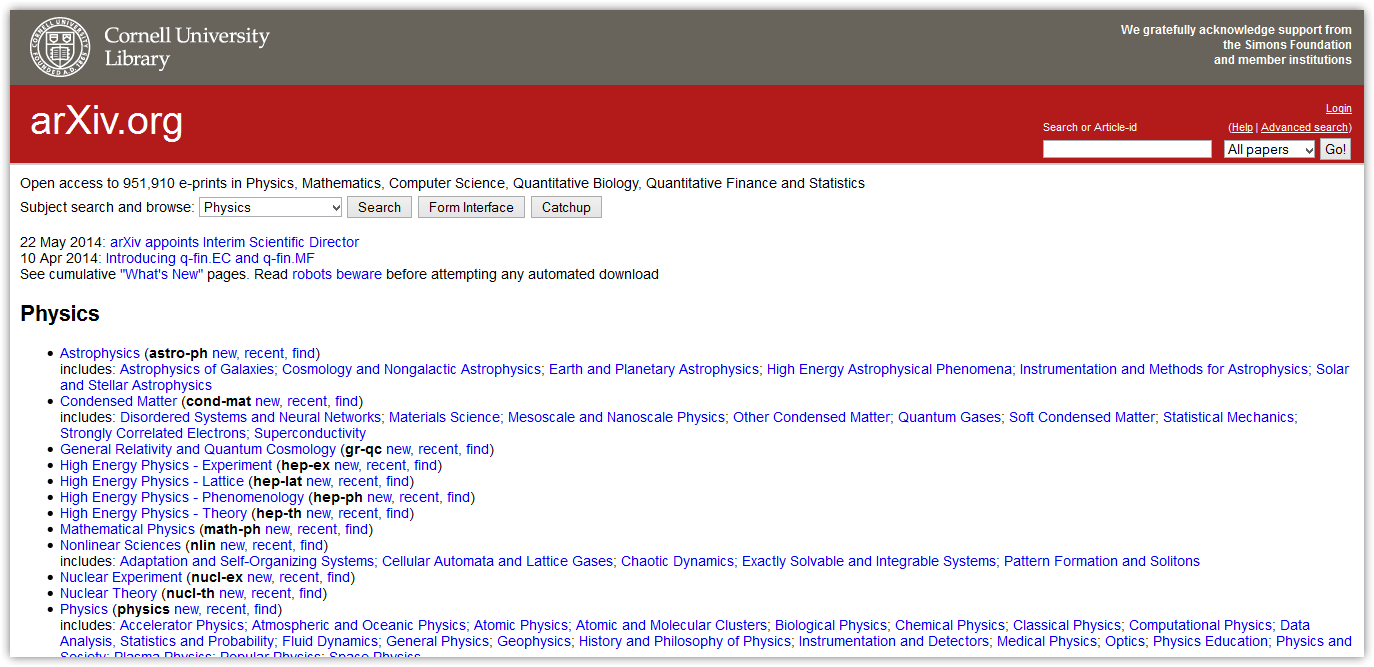This is a transcript of the interview with Brian Nosek (Season 2, Episode 1). Listen to the podcast here. The transcript is slightly edited for readability and available under a CC0 Public Domain Dedication. Chris Hartgerink: Welcome to the second season of the Open Update. For Liberate Science - I'm your host, Chris Hartgerink.
Messaggi di Rogue Scholar

Die BMBF-Evaluation hat gezeigt, dass das WissZeitVG das Problem der Kettenbefristungen nicht gelöst hat. Aber weshalb tun sich die Hochschulen eigentlich so schwer damit, Entfristungen auszusprechen? Eine Erklärung in 10 Grafiken.

In this article the authors argue for a utopia driven by SDG’s and respectful engagement with nature.

We want people to know about ResearchEquals, so that they can use it to publish how they know, instead of what they know. Our launch in February 2022 gave ResearchEquals a boost, and now we wanted to try out something new: We dipped our toes into the marketing waters! In this blog I share how to run ads on the Berlin (or Munich) subway.

Das Digitale-Dienste-Gesetz der EU soll große Internet-Plattformen künftig stärker regulieren. Aber bei allen Debatten um Transparenz, Meldepflichten und Strafverfolgung geht eine gute Nachricht für die Wissenschaft meist unter: Das Gesetz schafft auch Datenschnittstellen für die Forschung.

This post makes a case for universities investing in people and processes for reviewing research in house before publication. This idea has no doubt been proposed before and is probably already a feature of some academic institutions, but I wanted to clarify here why I think it would benefit academic research. High-energy physics research is often held up as the archetypal open science discipline.

Holger Bähr on the strengths and pitfalls of evidence-based policy advice in policy-making precesses

Scholarly metrics are widely applied to assess research quality and impact despite their known limitations. One of the most popular scholarly metrics is the h-index—which is defined as the “ h number of papers with at least h number of citations.” This means that if a researcher has an h-index of 12, they have published 12 papers with at least 12 citations each.
Das kürzlich erschienene Weißbuch zur Citizen-Science-Strategie 2030 zeigt, wie professionell die Community inzwischen geworden ist. Aber das Strategiepapier betont dabei immer wieder das “Innovationspotenzial” von Citizen Science. Lässt sich dieses Versprechen wirklich einlösen?

The review, promotion, and tenure (RPT) process is central to academic life and workplace advancement. It influences where faculty direct their attention, research, and publications. By unveiling the RPT process, we can inform actions that lead towards a greater opening of research.